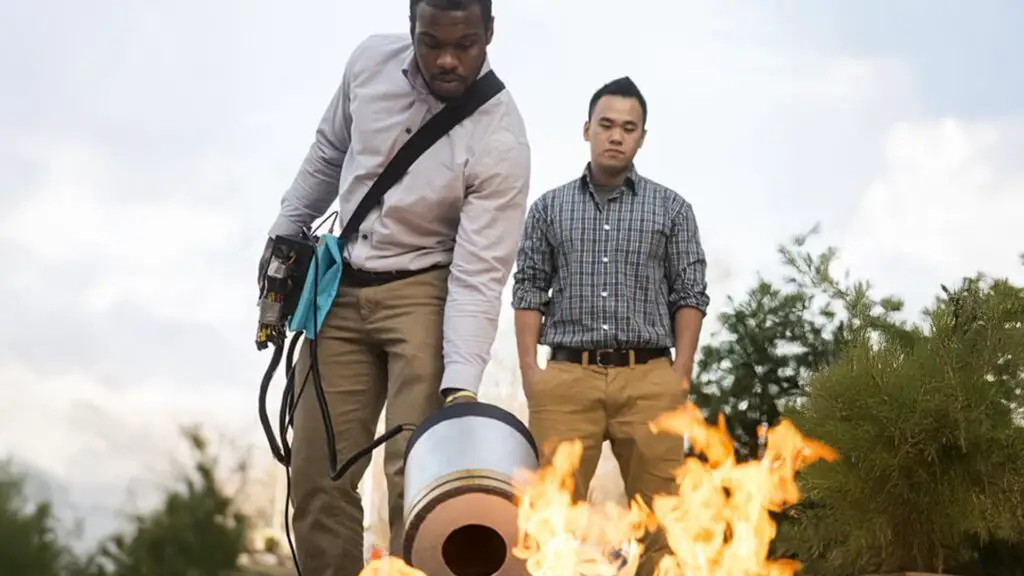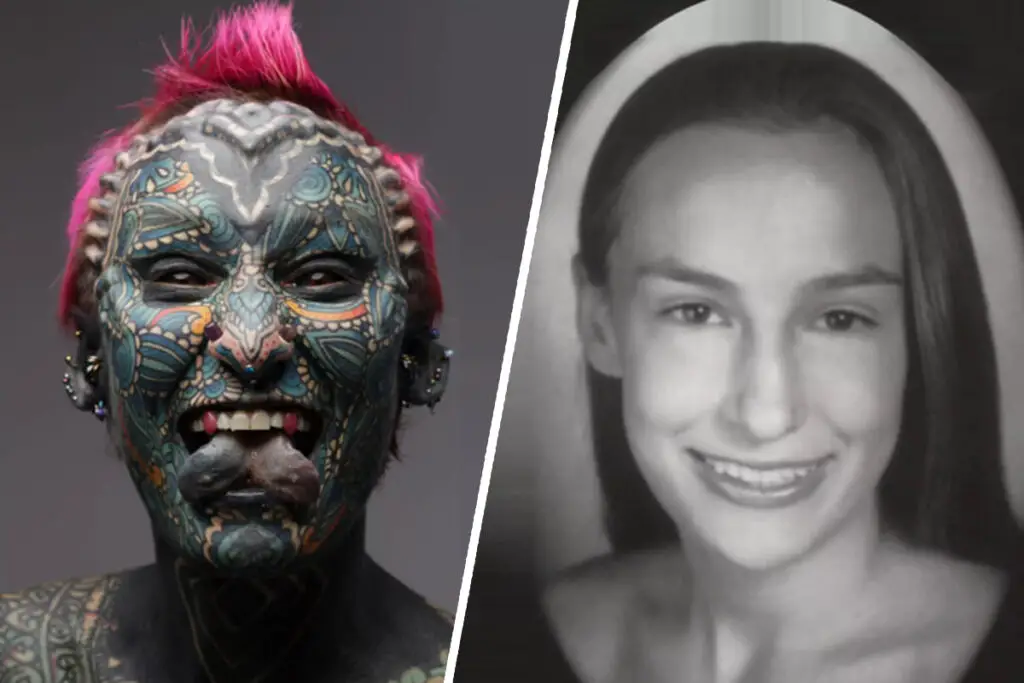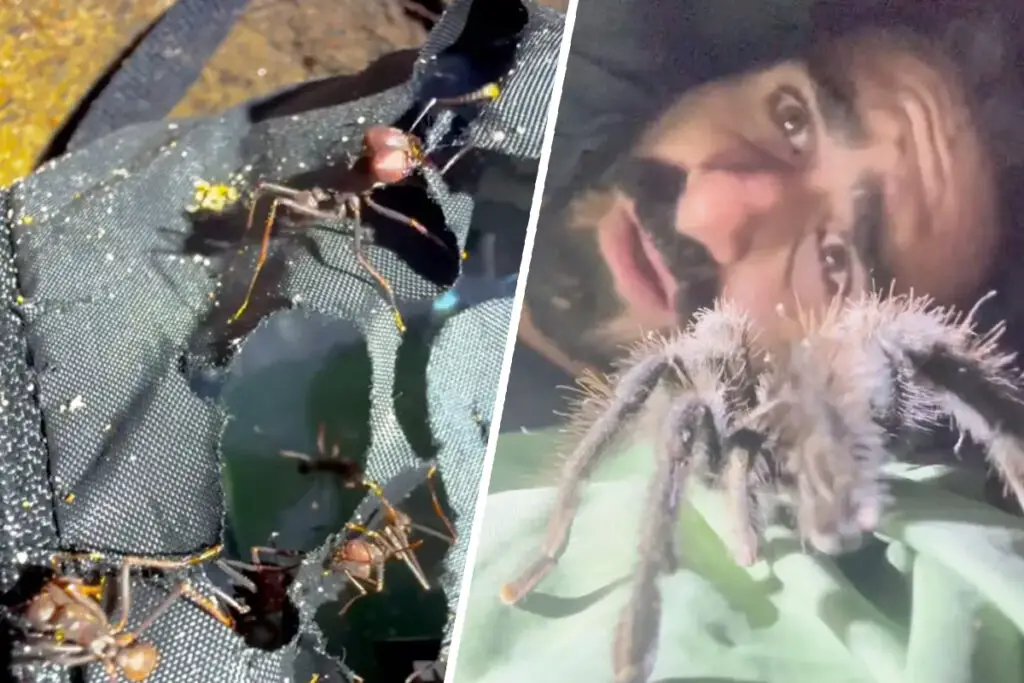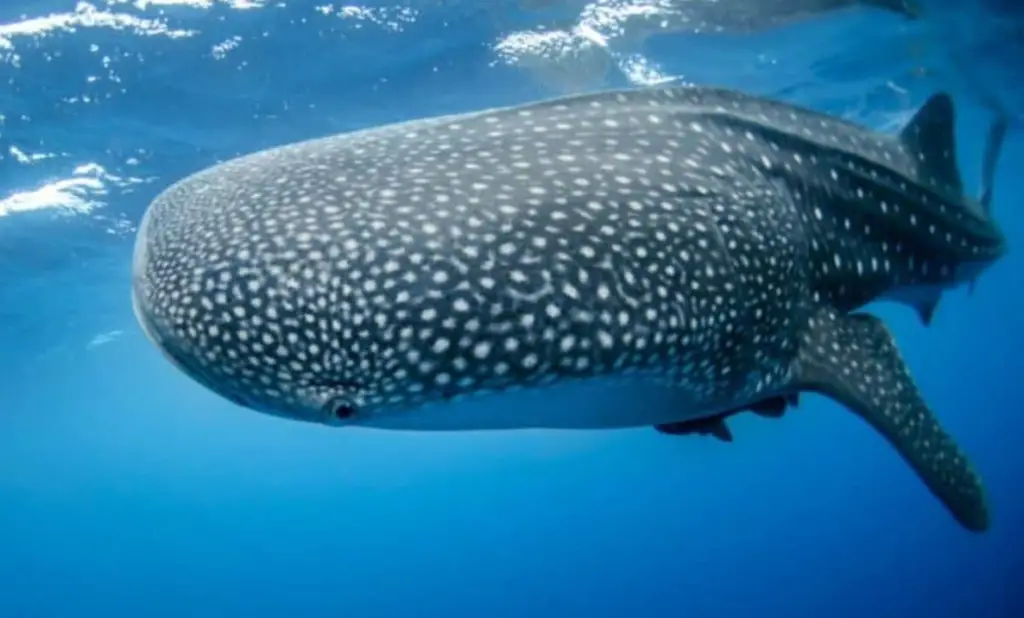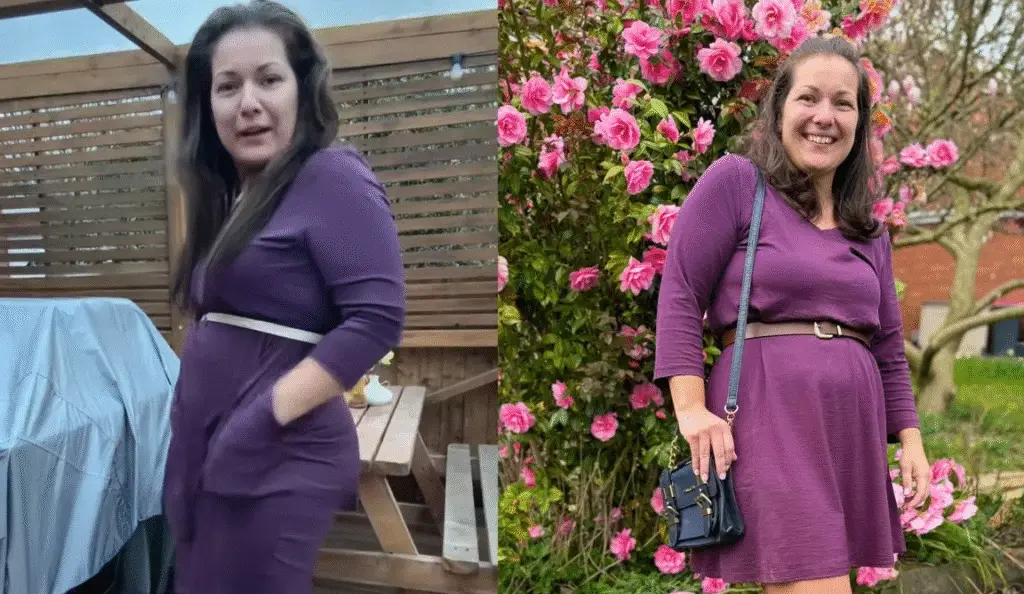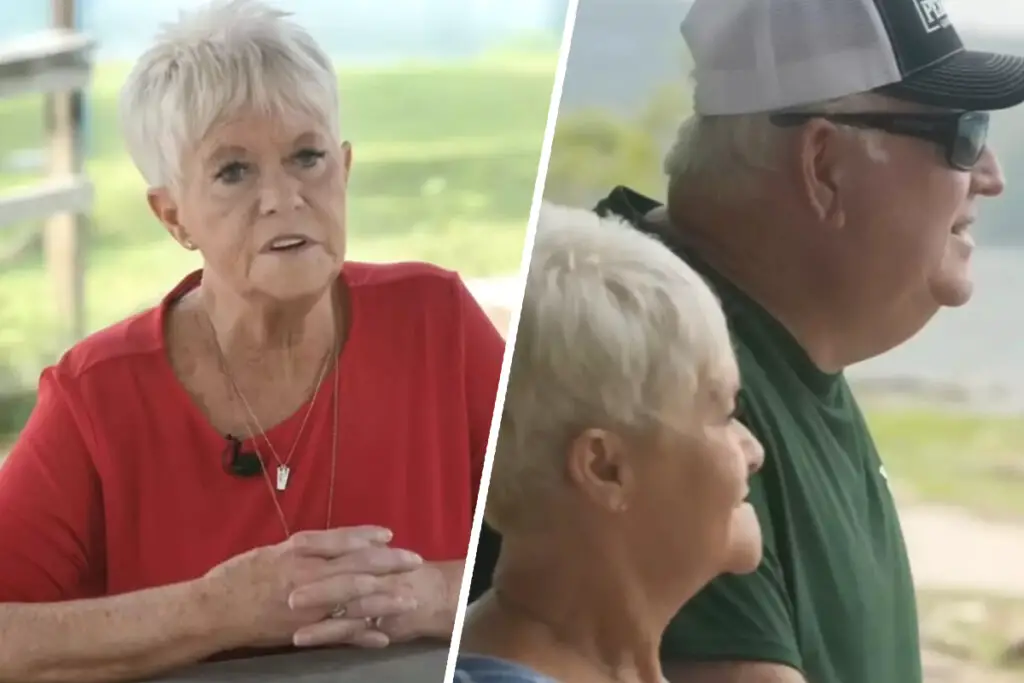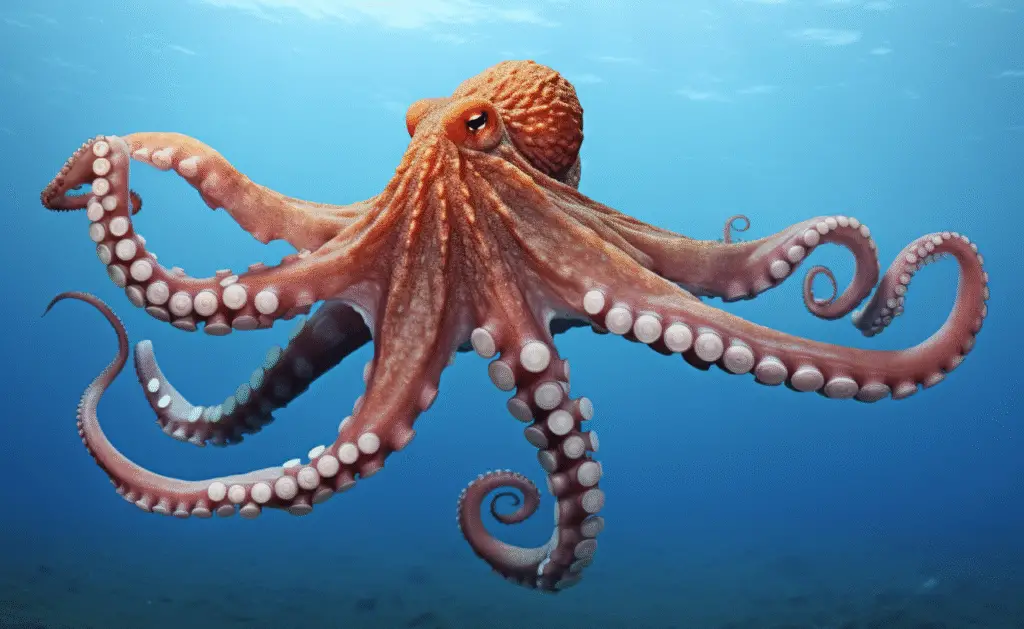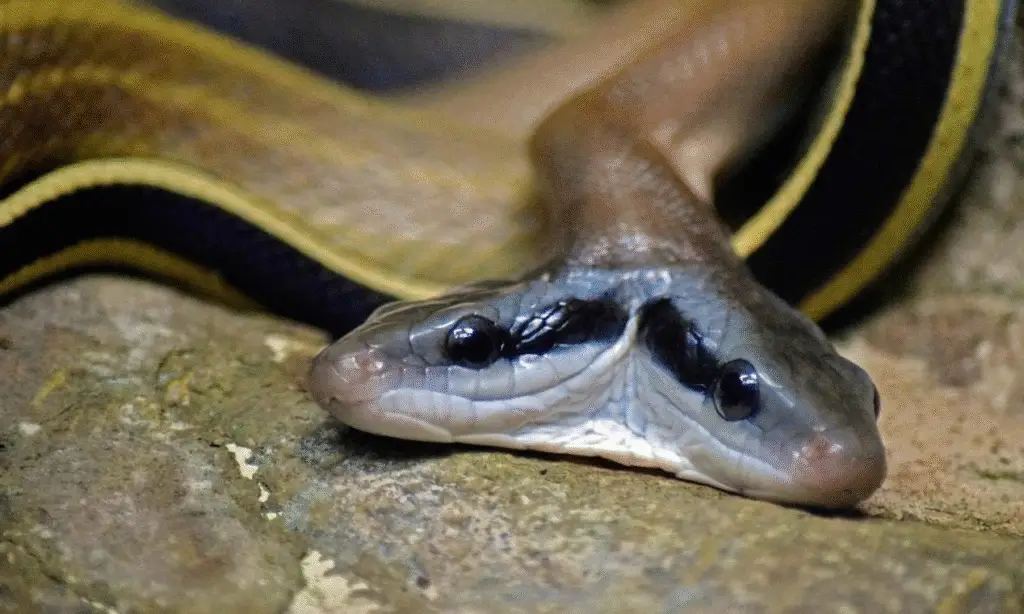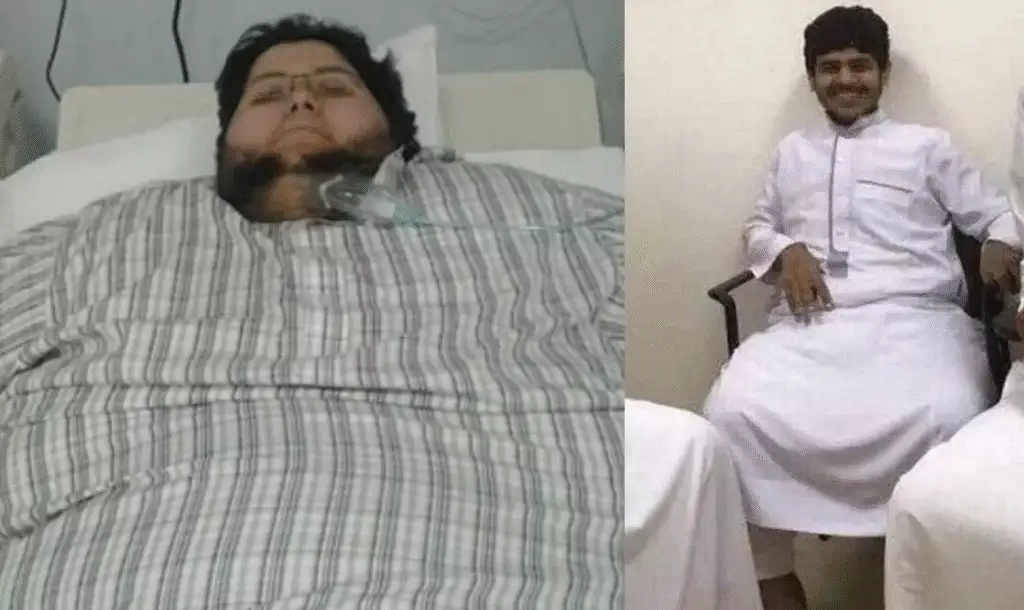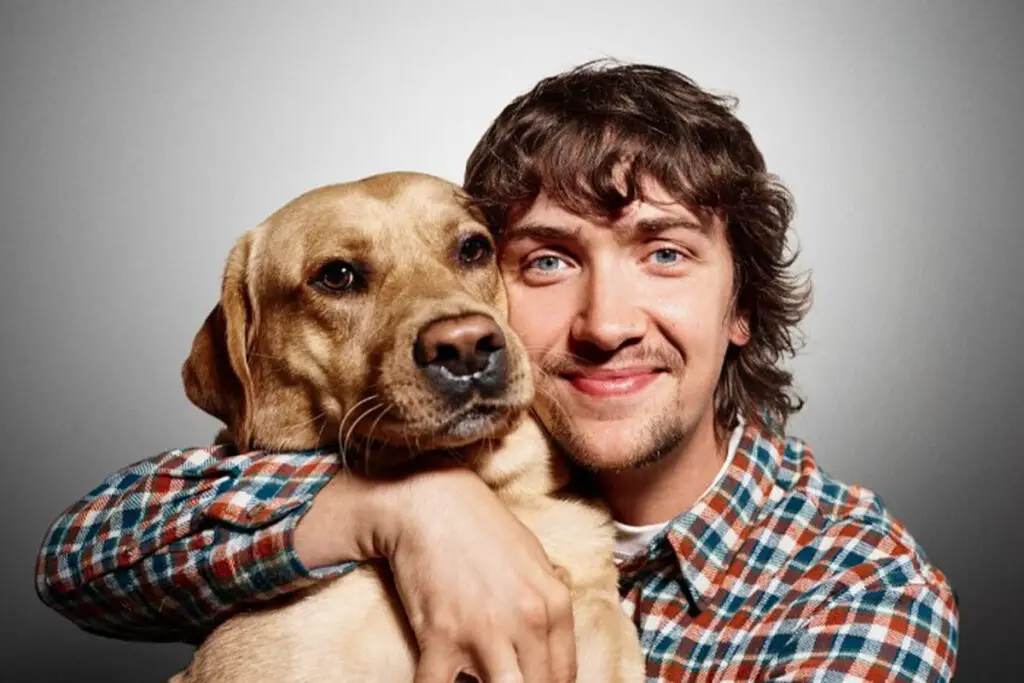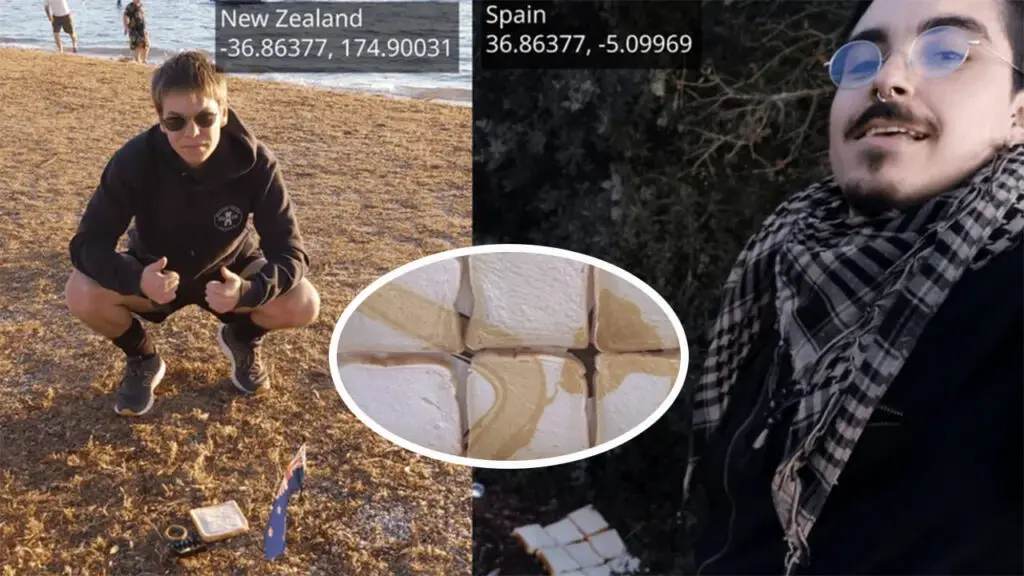Australian Blood Donor Whose Plasma Saved 2.4 Million Babies Dies at 88

James Harrison, affectionately known as the “Man with the Golden Arm,” passed away on February 17, 2025, at the age of 88.
His death, in a nursing home in New South Wales, Australia, marks the end of an extraordinary life dedicated to saving others.
Harrison’s blood plasma, rich in a rare antibody called Anti-D, is credited with saving the lives of approximately 2.4 million babies, primarily in Australia, by preventing a deadly blood disorder.
A Life-Changing Promise
Harrison’s remarkable journey began at age 14, when he underwent major chest surgery that required multiple blood transfusions to save his life.
Grateful for the strangers who donated the blood that kept him alive, he made a heartfelt pledge to give back.
As soon as he turned 18, Harrison began donating blood, a commitment he upheld for 63 years.
“He just kept going and going,” said his grandson, Jarrod Mellowship, in an interview. “He didn’t feel like he had to do it. He just wanted to.”
The Power of Anti-D
What set Harrison apart was the discovery that his blood contained high levels of Anti-D, a rare antibody critical for preventing hemolytic disease of the fetus and newborn (HDFN).
HDFN occurs when an Rh-negative mother’s immune system identifies her Rh-positive baby’s red blood cells as a threat, producing antibodies that can attack them.
This can lead to severe anemia, heart failure, or even death for the baby.
Before Anti-D immunoglobulin was developed in the mid-1960s, one in two babies diagnosed with HDFN did not survive.
Jemma Falkenmire, from the Australian Red Cross Blood Service, described the dire situation before Anti-D:
“In Australia, up until about 1967, there were literally thousands of babies dying each year. Doctors didn’t know why, and it was awful. Women were having numerous miscarriages, and babies were being born with brain damage.”
Harrison’s donations were a game-changer, helping Australia become one of the first countries to identify and utilize this life-saving antibody.
A Record-Breaking Commitment

Harrison began donating plasma every two weeks at age 18, a routine he maintained until he reached Australia’s blood donation age limit of 81 in 2018.
Over his lifetime, he made 1,173 donations, a staggering number that earned him the world record for the most blood plasma donated in 2005.
He held this title until 2022, when a donor in the United States surpassed his record.
Commenting on his achievement, Harrison humbly said, “I could say it’s the only record that I hope is broken, because if they do, they have donated a thousand donations.”
His donations directly contributed to saving an estimated 2.4 million babies, primarily through the production of Anti-D immunoglobulin, which is given to Rh-negative pregnant women to prevent HDFN in future pregnancies.
In Australia alone, fewer than 200 Anti-D donors help an estimated 45,000 mothers and babies each year, according to the Australian Red Cross Lifeblood.
A Personal Connection
Harrison’s contributions hit close to home.
His daughter, Tracey Mellowship, and two of his grandchildren are among those who have received Anti-D immunizations.
“He was so proud to have saved so many lives, without any cost or pain,” Mellowship shared.
“He always said it does not hurt, and the life you save could be your own.” She added, “It made him happy to hear about the many families like ours, who existed because of his kindness.”
This personal connection underscored Harrison’s deep sense of purpose.
A National Hero
Harrison’s selfless dedication earned him widespread recognition, including the Medal of the Order of Australia, one of the country’s highest honors.
Despite his accolades, he remained a humble man who shied away from the spotlight.
His late wife, Barbara Lindbeck, was also a blood donor, and together they lived a life of quiet generosity in Umina Beach, New South Wales.
Even after Barbara’s death in 2005, Harrison continued donating, showing resilience “even in his darkest days,” according to Lifeblood.
Advancing Medical Science
Beyond his direct contributions, Harrison’s blood has played a pivotal role in medical research.
The Australian Red Cross Lifeblood, in collaboration with the Walter and Eliza Hall Institute of Medical Research, is working to develop lab-grown Anti-D antibodies.
This project, dubbed “James in a Jar,” aims to replicate the antibodies found in Harrison’s blood to create a sustainable supply.
David Irving, Lifeblood’s Research Director, called this effort a “holy grail,” noting, “The scarcity of donors who can produce antibodies in sufficient quality and quantity makes this research crucial for ensuring we can continue to protect mothers and babies worldwide.”
The Australian government’s Health and Medical Research Council reports that the discovery of Anti-D has made clinical cases of HDFN in Australia “almost nonexistent.”
A 2018 study by the Medical Journal of Australia estimated that HDFN caused around 250 stillbirths and neonatal deaths in 1967, a number drastically reduced thanks to donors like Harrison.
A Lasting Legacy
Harrison’s story is one of extraordinary generosity.
Despite an aversion to needles, he extended his arm 1,173 times, looking away each time the needle went in.
His final donation in May 2018 was a poignant moment, surrounded by grateful mothers holding babies who benefited from the Anti-D program.
Lifeblood Chief Executive Officer Stephen Cornelissen hailed Harrison’s dedication, saying, “On behalf of Lifeblood and the entire Australian community, we thank James for the incredible life-saving contribution he made.”
Harrison himself hoped his record would be broken, not for personal glory, but because it would mean others were equally dedicated to the cause.
“I hope it’s a record that somebody breaks, because it will mean they are dedicated to the cause,” he said after his last donation.
His legacy continues to inspire blood donation efforts and medical advancements, ensuring that his impact will be felt for generations.
The Broader Impact
Harrison’s contributions highlight the critical role of blood donation in modern medicine.
With only about 16% of people in the United States having Rh-negative blood capable of producing Anti-D antibodies, donors like Harrison are rare.
In Australia, fewer than 200 Anti-D donors support the needs of thousands of mothers annually.
His work has not only saved lives but also underscored the importance of volunteer blood donation systems, a cause he championed even when faced with proposals to commercialize plasma donation in Australia.
As we reflect on Harrison’s life, his story serves as a powerful reminder of the difference one person can make.
His golden arm has left an indelible mark on medical history, ensuring that countless families owe their existence to his quiet, steadfast generosity.
| Key Statistics | Details |
|---|---|
| Total Donations | 1,173 plasma donations over 63 years |
| Lives Saved | Approximately 2.4 million babies |
| Donation Frequency | Every two weeks from age 18 to 81 |
| World Record | Held from 2005 to 2022 for most plasma donations |
| Anti-D Donors in Australia | Fewer than 200, supporting 45,000 mothers annually |

